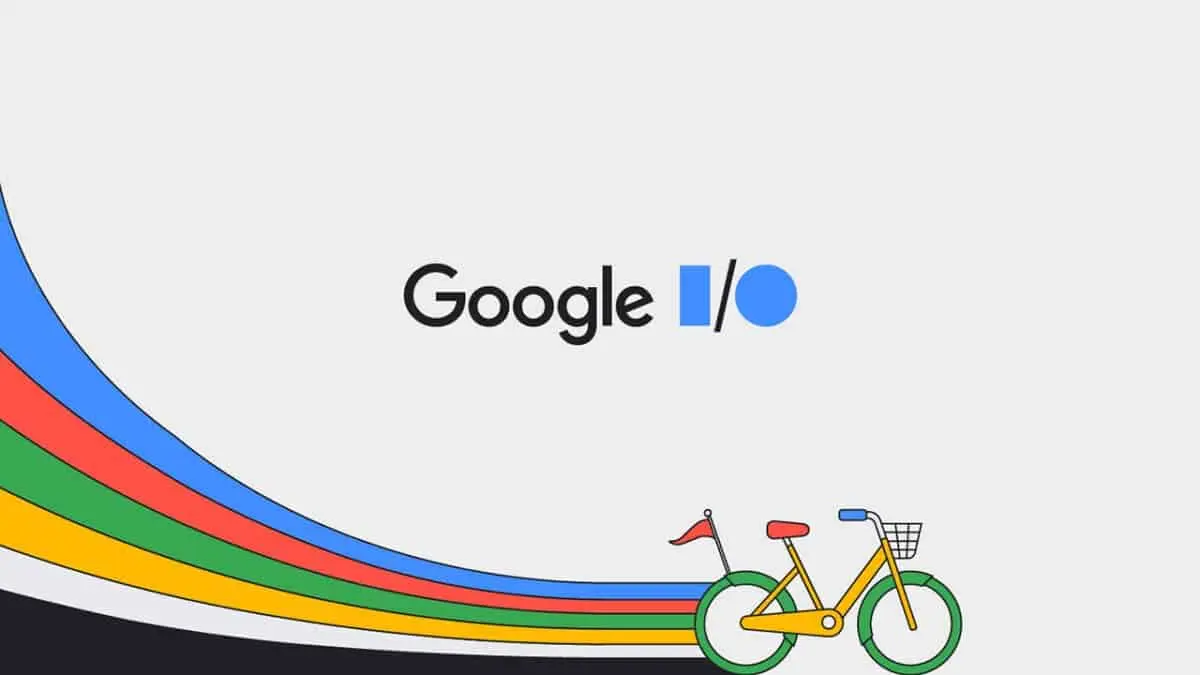From Bard’s global access to PaLM 2, Google announced scores of new product updates on I/O 2023.
It’s no secret that Google’s engineering teams have been working round-the-clock on AI technologies that will not only revolutionize particular fields, but keep competitors at a safe distance. In the Google I/O 2023 event, speakers uttered the term “AI” over 140 times–Outlining their plans and progress on a bunch of AI-related projects that Google seems to be focused on.
Google apps get an AI boost
First of all, Google’s existing products are getting a push with AI. I’m sure there’s more to it than meets the eye, but at least for now, the company feels safe announcing these new updates to apps used by millions all over the world:
- Google Maps will get an update that offers an “Immersive View for Routes.” This has been made possible by AI stitching together billions of panoramic images from Street View.
- Google Photos will see the rollout of a “Magic Editor.”
- Google’s Duet AI is a new generative AI tailored to fit into existing apps, such as writing texts in Docs, converting meeting notes into an email in Gmail, creating images from text in Slides, turning rough ideas into data in Sheets, generating unique backgrounds in Meet, and so on.
- Google Search will become more conversational and interactive, actively responding to questions in a manner not unlike OpenAI’s ChatGPT (see below).
PaLM 2
PaLM is Google’s breakthrough product in large language modeling. PaLM 2 is the next generation that “builds on Google’s legacy of breakthrough research in machine learning and responsible AI.”
PaLM 2 has improved multilingual, coding, and reasoning capabilities. It’s not clear which version of PaLM 2 the current version of Bard is using (there are 4). They mentioned that PaLM 2 is going to be used for Bard’s expansion into new languages right away as well as contribute to the coding workflow.
The main use of PaLM 2 so far is in Google Workplace–The suite that includes tools such as Gmail, Meet, and Docs. It can help you write emails, for example. In a demo video, Google displayed how you could ask it to write an email with the prompt, “ask for a full refund for this canceled flight”. Then, you can go on to further refine the generated text with 4 commands: Formalize, Elaborate, Shorten, and I’m Feeling Lucky.
Certainly nobody’s clicking “I’m Lucky” if their flight just got canceled and they didn’t even receive a full refund. I wonder what the other side will respond if they’re using the same tech? In fact, lately, the only thing I’m waiting for is generative AI text tools including chatbots handling both ends of such a conversation, using their vast information on what makes a good argument and a good counterargument.
A total of 25 new products were announced to be powered by PaLM 2.
Bard upgrades

Bard has shifted to PaLM 2 but it’s not clear which version of it. Regardless, it now has more capabilities in skills including advanced math, reasoning, and coding.
Work on making Bard multilingual has been on track and new languages are being added regularly.
On the visual front, Bard will get an update that will make the experience richer with the help of images and better layouts. Prompting with images will also be introduced to all regions.
The developers’ feedback for an Export button, a dark theme (finally!), and source citations is also being incorporated into Bard.
Google is increasingly looking into embedding Bard capabilities into existing products that millions use, such as Docs, Drive, Gmail, and Maps. This is a clear direction as it helps Google introduce Bard to (and collect feedback from) users that it already has instead of out-and-out competing with ChatGPT, an app that already has a loyal userbase.
Finally, extensions are a fresh breath of life. As per Google, Bard will soon be able to tap into all kinds of services from the web, including ones from external partners such as Adobe, Kayak, OpenTable, ZipRecruiter, Instacart, Wolfram, and Khan Academy.
How good are these compared to the plugins in ChatGPT Plus or the overall capabilities of AutoGPT is yet to be seen.
In other news
Whether it’s collaborating with Adobe or bulking up their text-to-music service, Google had many more updates to announce.
- Google partners with Adobe’s new generative AI product called Firefly that can create designs and illustrations based on text prompts. Firefly will now make image-to-text synthesis possible right in Bard.
- Google’s health research teams with medical knowledge have used PaLM 2’s core functionalities to offer answers to questions and summarize insights from “dense medical texts.” This is being dubbed, quite intuitively, Med-PaLM 2.
- MusicLM allows users to input a text prompt and get a music output. Though it was announced in January, MusicLM never really took off in a big way. That’s clearly about to change now. You can try it today through the AI Test Kitchen.
- Studio Bot is a companion app for Android code development. It answers questions and can understand natural language apart from generating code. Still an early experiment, Google warns developers that it might write code that doesn’t produce expected results. A good tool to tinker around with for the Android developers out there.

